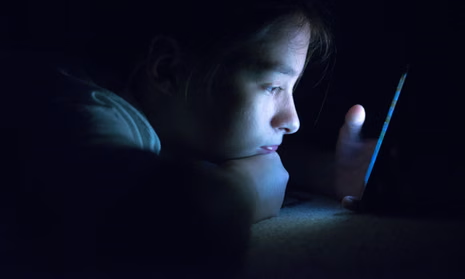
The digital revolution promised to connect, inform, and entertain us. And it has. We can access news from across the globe in seconds and maintain friendships across continents. But this constant connectivity has come with a price, and we are now grappling with the consequences: our attention spans are shrinking, and our sleep patterns are in disarray.
Decades ago, the idea of a “digital detox” would have seemed absurd. Now, it’s a mainstream concept, a testament to how profoundly media has become intertwined with our lives. We are tethered to our smartphones and computers, constantly bombarded with notifications and an endless stream of content that rewards quick, fragmented engagement over deep, sustained focus. This has trained our brains to prefer skimming to deep reading and has shortened the time we can dedicate to a single task before getting distracted. Research indicates that individuals who frequently engage in heavy media multitasking often perform worse on cognitive tests and are more easily distracted.
It’s not just the short-form content. The content itself—the late-night text messages, the emotionally charged social media posts, and the adrenaline rushes from video games—is inherently stimulating. It keeps our brains “wound up,” making it difficult to relax and transition into sleep. The “fear of missing out” (FOMO) and the compulsive need to check for updates also contribute to late-night scrolling and disrupted sleep schedules. For teenagers, whose sleep-wake cycles are already prone to delay due to hormonal changes, this is particularly damaging. The long-term consequences of this media-induced sleep deprivation are severe and include impaired cognitive function, increased risk of mental health issues like anxiety and depression, and a host of physical health problems.
So, what is the path forward? We cannot, and should not, abandon media entirely. But we must be more mindful of our usage. The American Academy of Pediatrics recommends limiting device use to two hours a day for children, and experts suggest all of us create screen-free time and spaces, especially before bed. Setting charging stations outside bedrooms, using “night mode” to reduce blue light, and implementing a relaxing, screen-free bedtime routine are all vital steps.
This isn’t just a personal failing; it’s a societal challenge. The digital world is designed to grab and hold our attention. It is on us to reclaim control. By acknowledging the power media holds over our focus and rest, we can build healthier digital habits that allow us to use technology’s benefits without sacrificing our mental and physical well-being.

